
Special for now, let’s talk about the 7 pitfalls of depression. For many people, the reason for their depression is clear. Yet for many others, it’s as clear as mud – and understandably so because in most cases of depression, no single factor or reason accounts for the condition. Often times, it’s a potent combination of several factors, such as events, genetics, present situation, and more.
If you’re suffering from clinical depression, know that it isn’t necessarily an indictment against you. It’s not a character flaw on your part; this medical condition can hit anybody regardless of character, gender, race or level of intelligence. But while you need not have a clear reason for suffering with clinical depression, it is very helpful to be aware of the reason or reasons for feeling depressed. They say that knowing is half the battle and in this case, knowing the reason or reasons for your clinical depression will allow you – with the help of your medical professional – to manage so that you can live a normal life. In this article, we’ll take a look at 7 of the most common reasons for falling into the pit called clinical depression.
The 7 Pitfalls Of Depression
1. Grief
It’s all but natural to grieve over the loss of someone or something that’s very precious or important to you. Most people who go through such experiences go through the grieving process when experiencing a loss, even seemingly small losses – it’s normal. At times though, the grieving process can extend to the point where it can start controlling the way you live your life, at which point, you can start feeling worthless, helpless, and hopeless. If that’s the case, then you’ll want to talk to a medical professional so you can distinguish between grief and depression, and if you’ve already crossed to the latter’s side.
In layman’s terms, grief is a natural reaction or response to losing something or someone you hold dear. During the grieving process, you’re able to mourn such losses en route to eventual healing and moving on. Denying the grief you feel is counterproductive and will keep you from truly moving on. On the other hand, you can expedite the grieving and healing process simply by acknowledging the grief that you feel as a result of the loss.
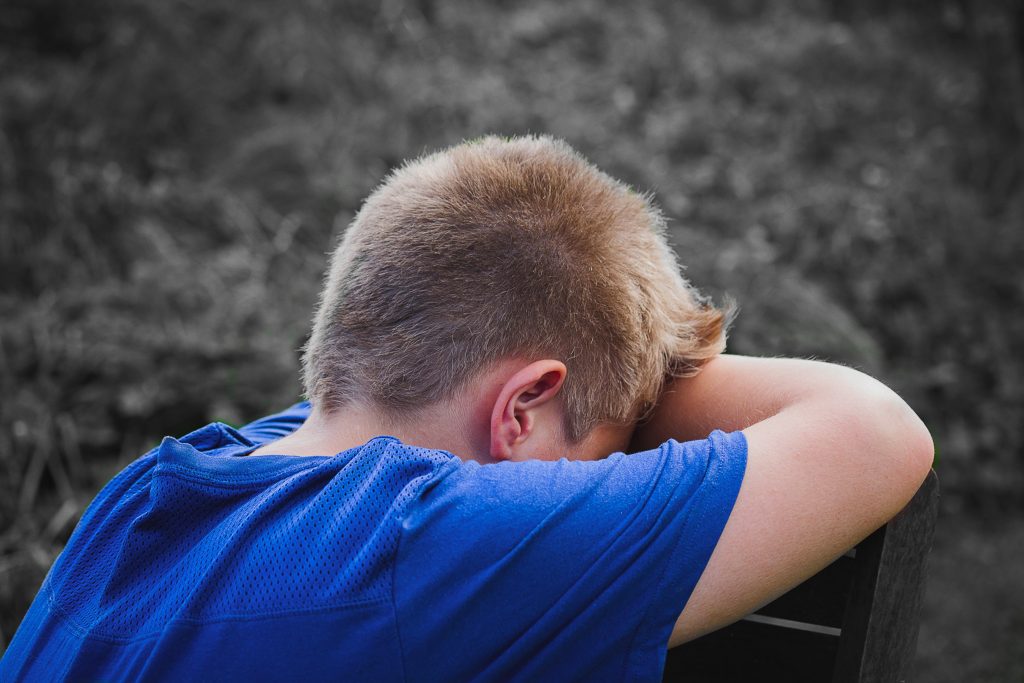
When speaking of personal losses that trigger the grieving process, many people think it’s just limited to the death of a loved one or a dearly beloved pet. Grief may be triggered by other things such as physical separation from loved ones, a pet running away, being fired from a job that provides for the family, when children continuously rebel against you, or any major life event or change such as retirement and divorce. We all go through the grieving process and we all cope with our personal losses uniquely.
Part of our unique ways of coping with loss is the ability to retain control over our lives, i.e., not letting feelings of grief disrupt our lives, particularly our ability to still function normally and fulfill our daily personal duties and responsibilities. And for some people, the grieving process is hindered by their inability to retain control over their lives – their grief takes over the wheel of their lives. This is when grief or the grieving process can become detrimental.
Depression is but one of the normal stages of grief, with each stage reflecting your feelings or reactions in terms of trying to make sense of a personal loss. And as I mentioned earlier, a crucial part of being able to experience healing and moving on is acceptance of your emotions, i.e., how you feel during each stage of the grieving process.
The stages of the grieving process can be summarized by the acronym DABDA: Denial, Anger, Bargaining, Depression, and Acceptance. During the denial stage, you may feel a sense of shock or numbness, which can be confused as the feeling of “not giving an F” to the personal loss. The feeling of numbness or shock can be very helpful in terms of protecting you or helping you minimize the initial impact or intensity of the personal loss. In turn, it allows you to function normally for a period of time in order to do what needs to be done at the moment, such as preparing the funeral logistics, or going through important documents related to the death of a loved one. If it’s a job loss, it allows you to look for a new one immediately after being fired or after your company closes shop. This initial feeling will eventually fade as you move forward with the grieving process and start acknowledging the loss’ effect or impact in your life.

During the anger stage, you obviously feel angry about the loss, but this sense of anger arises primarily from felling powerless and hopeless about the situation, or a sense of being abandoned by the loved one who passed away. In many situations, the anger is directed either at the person who passed away, the person responsible for losing something important to you, such as your job or reputation, or at God Himself for allowing such a loss to happen. It can also be that your anger’s directed at life in general.
Bargaining is that stage of the grieving process where you constantly think about what could’ve been or what else you could’ve done to keep yourself from losing someone or something dear to you. This is a crucial stage in the grieving process because if you’re not able to deal with and resolve this properly and in a timely manner, you may suffer from nagging and lasting feelings of intense anger or guilt over what happened and stymie your healing and moving on. At this stage, it’s highly likely that you’ll feel obsessed about thinking of ways that the loss could’ve been avoided.
Depression is the stage where the proverbial S%*t hits the fan – where you experience the full extent of the personal loss encountered. Here, many people experience poor appetite, lethargy, difficulty sleeping, crying spells, and chronic fatigue despite getting enough rest and nutrition. Loneliness and self-pity, anxiety, emptiness, a sense of isolation, and feeling lost are other signs that you’re already at the depression stage. This is also the part where clinical depression becomes possible, especially if the loss is severe. Hence, extra care must be taken to manage and get out of this stage or seek treatment as soon as possible.
Acceptance is the last stage in which a person comes to grips with all the feelings and emotions that come with the personal loss experienced. It’s at this stage that healing and moving on can truly begin.
By being aware of these grieving stages, you’ll be in a very good position to overcome the emotions that come with them, including depression. Just keep in mind that there’s no standard or benchmark for time in terms of completing the grieving process. It’s possible that as you go on with your life, you may go back to some of the grieving stages like anger or depression. Just acknowledge those feelings, but don’t mull over them. Acknowledge and release.
2. Health Conditions
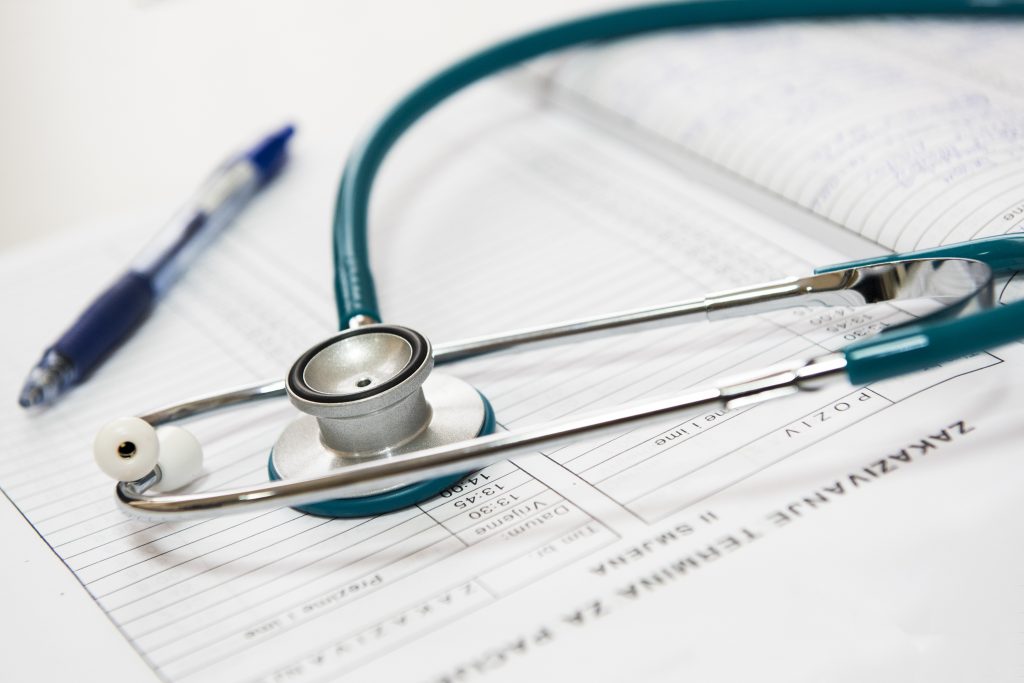
Mental conditions like clinical depression can be related to or even be caused or exacerbated by chronic or long-term medical conditions such as the case when you feel very sad while having diabetes or depressed while your general health is worsening, e.g., your blood pressure keeps increasing. Many people who suffer from chronic conditions such as stroke, hepatitis C, cardiovascular diseases, diabetes, hypertension, and cancer become clinically depressed because of the following reasons:
- Dealing with chronic diseases can be very stressful, which can lead to depression if not managed well;
- Once depression starts to hit, taking good care of one’s general health becomes more and more of a challenge, which either aggravates the existing health condition or creates new ones; and
- The aggravated or newly created health condition increases the feeling of depression, which then becomes a downward sickness-depression-sickness spiral.
3. Genetics
Don’t be surprised to find yourself suffering from clinical depression just like your parents or other close relatives. The condition can also be genetic, i.e., it may run in the family and passed on to you through the family DNA. While the genetic link to depression isn’t considered strong as of the moment, it is a widely accepted belief that children, siblings, and even parents of those who are suffering from extreme depression have a much higher risk for clinical depression compared to the general population. It’s highly possible that the special interaction among several genes is the reason why depression seems to run in certain families.
However, scientific evidence for the case of a single, particular gene that causes depression is yet to be found. Instead, what’s clear is that depression at the genetic level – is caused by the accumulation of micro effects resulting from various interactions of various genes and the environment.
4. Biology
Scientists have discovered that the brains – yes, brains and not minds – of people who don’t suffer from clinical depression are different from the brains of those who do. The hippocampus, which is a tiny part of the brain that’s crucial for storing memories, of people who have histories of clinical depression appeared to be generally small in size compared to those who never suffered from depression. One key characteristic of a smaller hippocampus is that it has less serotonin receptors compared to regular or bigger-sized ones. Serotonin, in layman’s terms, is a kind of neurotransmitter that makes it possible for the brains’ various regions to communicate with each other via connecting circuits. And guess what? These brain regions that make use of serotonin are involved with processing a person’s emotions.
It’s still a puzzle to scientists as to why the hippocampi of those who suffer from clinical depression are smaller compared to those who don’t. But some scientists noted that cortisol – the stress hormone – seems to be a factor in this, i.e., depressed people produce more of the stuff compared to those who aren’t depressed. The most plausible hypothesis is that cortisol may have a toxic effect of shrinking or stunting the development of the hippocampus, which eventually leads to clinical depression.
While limited number of serotonin receptors appears to be a key biological factor in the development of clinical depression in many people, it’s not necessarily the only one. Because clinical depression is a complex mental condition, it has more than one contributory factor in its development.
5. Medicines
If you or someone you know suspects that a particular medicine seems to be causing depression that would be a reasonable thought. Certain prescription medications do have the side effect of causing feelings of discouragement, despair, and sadness. And what a coincidence – these feelings are those that are most associated with depression!
Prescription medicines that appear to cause depression seem to change the brain’s chemicals in ways that increase the likelihood of developing clinical depression. As such, certain prescription medications may no longer be worth taking as the side effects – such as clinical depression – may even be worse than the condition being cured. Examples of prescription medicines that can lead to depression include isotretinoin (an anti-acne medicine), anti-hypertension medicines, statins (for managing high cholesterol levels), and oral contraceptives.

Talking to your doctor about whether or not your current medications are triggering your depression symptoms can be helpful, especially since your doctor can possibly prescribe a different medication in order to address the depression side effect.
The following are some of the most common medications that can trigger depression in certain groups of people, most notably those who are elderly:
- Acyclovir, which doctors prescribe for treating herpes and shingles.
- Anticonvulsants, which are medicines used for managing epileptic seizures.
- Barbiturates, which are medications that slow down the brain’s functioning acting as central nervous system depressants. Barbiturates are used for managing or treating epileptic seizures and anxiety.
- Benzodiazepines, which are another kind of central nervous system depressant that is normally used for managing insomnia and anxiety, as well as for helping relax the muscles. Most common forms of this type of medication include alprazolam, clonazepam, chlordiazepoxide, diazepam, flurazepam, lorazepam, and triazolam.
- Beta-blockers, a.k.a., beta-adrenergic blockers, are medicines that are used for treating cardiovascular conditions such as angina chest pains, heart failure, abnormal heart rhythms, and hypertension. They’re also used to manage migraines. Common forms include atenolol, carvedilol, and metoprolol.
- Calci-blockers – also referred to as Calcium-channel blockers – are medications that help relax the blood vessels and slow down the heart rate. These are primarily used to manage chest pain, hypertension, abnormal heart rhythms, and congestive heart failure. Common types include nifedipine, diltiazem, and verapamil.
- Interferon alfa, a medication used for managing hepatitis B and C, as well as specific forms of cancers.
- Isotretinoin for treating severe cases of pimples and acne.
- NuvaRing with ehinyl etonogestrel/estradiol, a medication used for birth control.
- Opioids, which are a group of medicines that are used primarily to manage severe pain. Common forms include morphine, codeine, aspirin, mepedridine, and oxycodone.
- Statins, which are medications used to bring down blood cholesterol levels, prevent heart attacks, and minimize damage resulting from coronary artery disease. Common forms include simvastatin, pravastatin, fluvastatin, and atorvastatin.
- Varenicline, which is a medicine used to help people kick the smoking habit.
6. Substance Abuse
Substance abuse and depression share a somewhat strange relationship. First, they are two potentially morbid conditions that co-exist in an alarmingly high number of people. Secondly, this relationship happens due to many different factors. Lastly, you can say that substance abuse and depression are co-dependent on each other, i.e., each is the cause and effect of the other. But for purposes of our discussion, we’ll look at it more from the perspective that it causes or aggravates depression.
So how does that happen? It just so happens that most of the abused substances tend to directly impact the brain, and one of the ways those substances does that is by causing depression in the individual concerned. A good example is weed or marijuana. While it’s a very good alternative medicine, it can also be harmful when abused, just like any prescription medicine. Excessive marijuana consumption can lead to a substantial slow down in the brain’s ability to function properly, can significantly reduce one’s cognitive abilities, and in the process lead to depression in some people. It’s the same with alcohol.
Another substance that’s often abused that can lead to depression is cocaine. It can make people feel so high before making them crash back down, often into a state of depression, which makes abusers crave more of the cocaine, which perpetuates a downward spiral of increasing abuse. The depression causes an insatiable desire for more of the abused substance, which causes more post-high depressions and higher consumption – an inevitable road to perdition.
Smoking may also be considered as a form of substance abuse – nicotine in particular. As such, it’s also been linked with incidences of depression in many smokers. It’s believed that people who are generally at risk for depression tend to be more likely to start and keep smoking. And speaking of nicotine…
This substance can affect your brain’s neurotransmitter activity. In particular, nicotine can lead to higher production of serotonin and dopamine, both of which are associated with feelings of pleasure. Because pleasurable feelings are addictive by nature, your brain will associate such feelings with smoking, thus making it an addictive substance.
Now how can this lead to depression? When you’re already hooked on smoking, being deprived of your smokes will deprive you of the pleasurable sensations associated with increased production of serotonin and dopamine. In turn, extended periods of being smoke-free – such as when quitting cold turkey or when unable to obtain your smoking supplies – can put you at high risk for depression.
7. Poor Nutrition
I believe in the saying that we are what we eat. So if we eat depressed, we become depressed.

Now let me clarify that. What I mean is if we eat well, we’ll feel well, e.g., happy and upbeat, and if we eat poorly, we’ll feel poorly or depressed. That’s why eating an unbalanced, unhealthy diet may increase your risks for falling into depression, depending on how severely unhealthy and unbalanced your diet is.
In particular, diets that are highly deficient in the following may cause depression over the long run:
- Omega-3 Fatty Acids, essential minerals that can help improve brain function and moods. Unfortunately, your body can’t produce them so you’ll have to get them from whole foods and supplements to get enough of them.
- Vitamin D, deficiencies of which are now scientifically linked to mental conditions including depression. This is more pronounced during the winter and fall months because exposure to sunlight, the best and most abundant source of Vitamin D, during these months are much less compared to the summer and spring ones.
- Magnesium is one mineral that up to 50% of Americans are deficient in because of the standard American diet that’s high in alcohol, sugar, salt, and coffee, among others. It’s also probably because of the generally stressful lifestyle that many Americans live. When you get enough magnesium regularly, you’re enjoying the benefits of nature’s most relaxing mineral ever. And when you’re relaxed, you feel really good and depression’s ability to establish a foothold in your life becomes significantly weak. But if you’re deficient, the opposite becomes true.
- Folate plays a crucial role in staving off depression and as such, chronic deficiency of such can increase your risks for depression. It’s been noted in studies that antidepressants’ efficacy is reduced in people who don’t get enough folate in their diet.
- Amino Acids aren’t just for building muscles but are also for ensuring optimum brain function and health. The effects of chronic deficiency in amino acids include depression, inability to focus, and a sluggish feeling.
- Iron deficiency increases your risks for becoming anemic, the symptoms of which are very similar to depression, which include brain fog, irritability, and fatigue. And if you already have clinical depressions, experiencing these symptoms may worsen your condition merely by mistaking the symptoms for a worsening clinical depression.
Want To Learn How To Get Rid Of Depression?











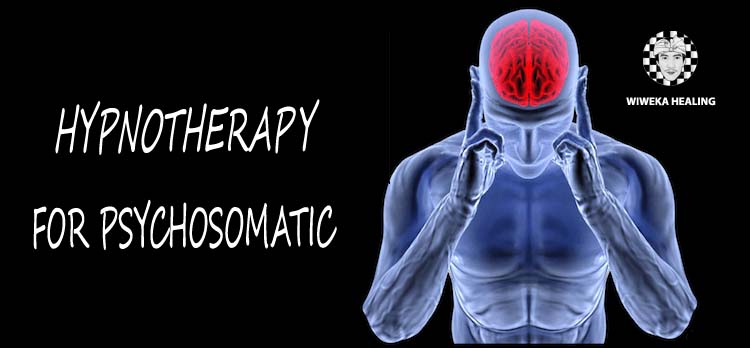
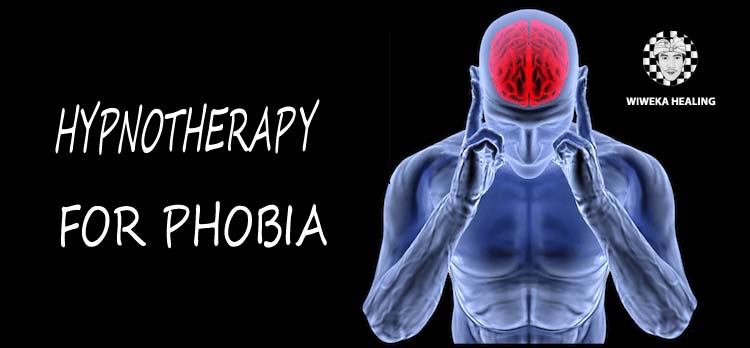
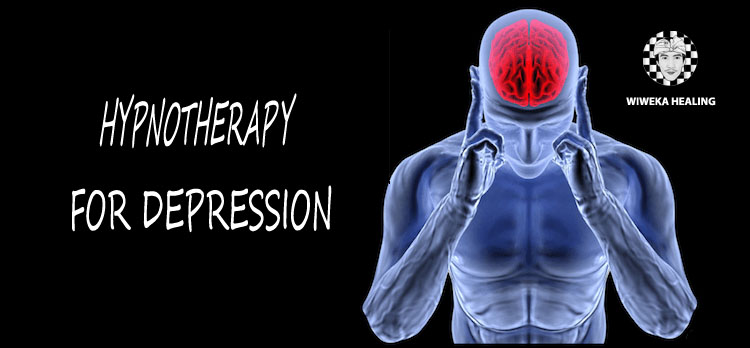
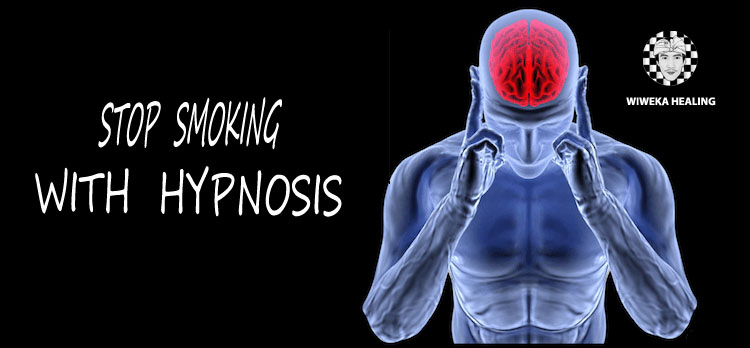
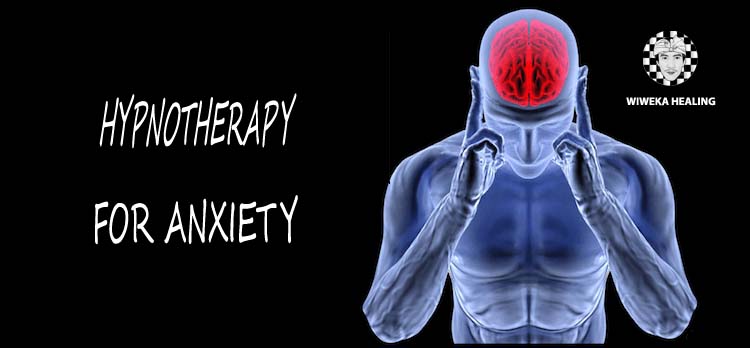
Leave a Reply